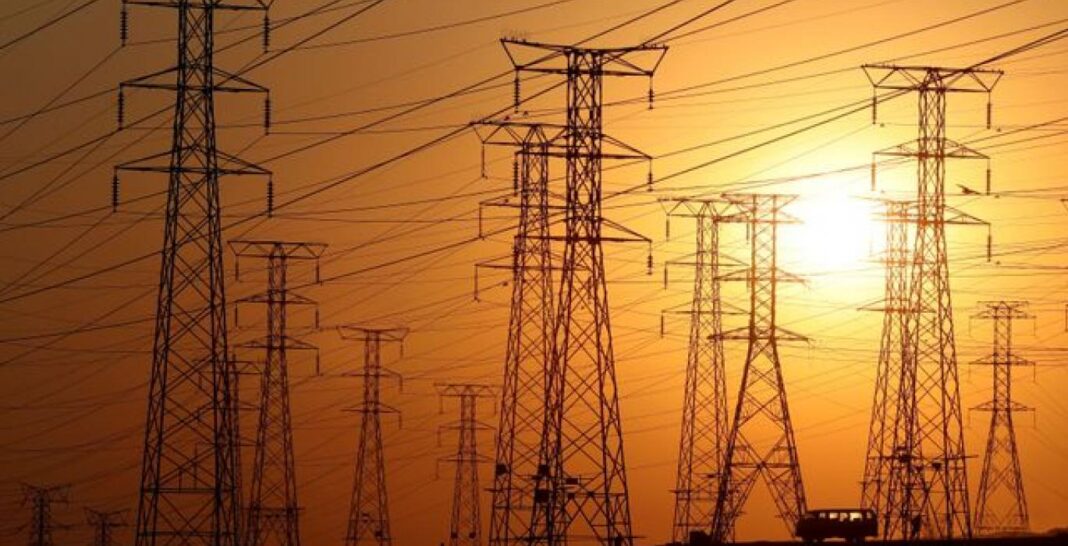CHARLES MOLELE|
IN a surprise move, President Cyril Ramaphosa announced on Thursday that government will be amending Schedule 2 of the Electricity Regulation Act to increase the NERSA licensing threshold for embedded generation projects from 1 MW to 100 MW.
The president said the move will allow companies and independent power producers to produce their own electricity without a license to 100 MW and help address the country’s electricity crisis at Eskom, which has been weighing down economic growth and confidence for more than a decade.
In a national address to report on progress being made to implement the country’s Economic Reconstruction and Recovery Plan, Ramaphosa said that the decision to increase the licence-exemption threshold to 100 MW is strategically aimed at facilitating investment by large electricity consumers, such as mines, factories and farms.
The move comes a day after Business Unity South Africa (BUSA) called on government to treat the energy crisis with the urgency it merited, adding that government should affect the changes needed to create the enabling framework, particularly to bring alternative energy sources on stream.
“Our ability to address the energy crisis swiftly and comprehensively will determine the pace of our economic recovery. Resolving the energy supply shortfall and reducing the risk of load shedding is our single most important objective in reviving economic growth,” said Ramaphosa.
“Eskom is working hard to improve the performance of its existing fleet of power stations, reduce its debt burden and complete its restructuring process. While these steps are positive and necessary, they are not enough to address the immediate and significant energy shortfall that threatens our economic recovery.”
Ramaphosa said that the amended regulations will exempt generation projects up to 100 MW in size from the NERSA licensing requirement, whether or not they are connected to the grid.
This will remove a significant obstacle to investment in embedded generation projects, he said.
“Generators will also be allowed to wheel electricity through the transmission grid, subject to wheeling charges and connection agreements with Eskom or the relevant municipality,” said Ramaphosa.
He added, however, that generation projects will still need to obtain a grid connection permit to ensure that they meet all of the requirements for grid compliance, he said.
“This will ensure that we are able to bring online as much new capacity as possible without compromising the integrity or stability of our energy system,” he said.
“Generation projects will also need to have their registration approved by the regulator to verify that they have met these requirements and to receive authorisation to operate.”
He said municipalities will have discretion to approve grid connection applications in their networks, based on an assessment of the impact on their grid.
“They will also have to undertake an Environmental Impact Assessment and all other requirements of existing legislation,” said Ramaphosa.
“This reform is expected to unlock significant investment in new generation capacity in the short and medium term, enabling companies to build their own generation facilities to supply their energy needs.”
He added: “This in turn will increase the available supply of energy and reduce the burden on Eskom, allowing Eskom to proceed with its intensive maintenance programme and reduce its reliance on expensive gas and diesel turbines.”
Eskom was on stage 3 load-shedding on Thursday, dropping 3,000MW of demand from the grid to avoid it being overloaded.
Eskom has a total generating capacity of around 47 000 MW.
BUSA warned on Wednesday that, despite optimism generated by recent gross domestic product (GDP) numbers, this growth “has been rolled back” by the load-shedding implemented by Eskom in the past two weeks, which escalated to Stage 4 on June 9.
“Many benefits and opportunities can be realised through enabling embedded generation and accelerating a more diverse energy mix. There is pressing need for deep regulatory and policy reform for South Africa’s energy,” Busa said.
- Inside Politics



